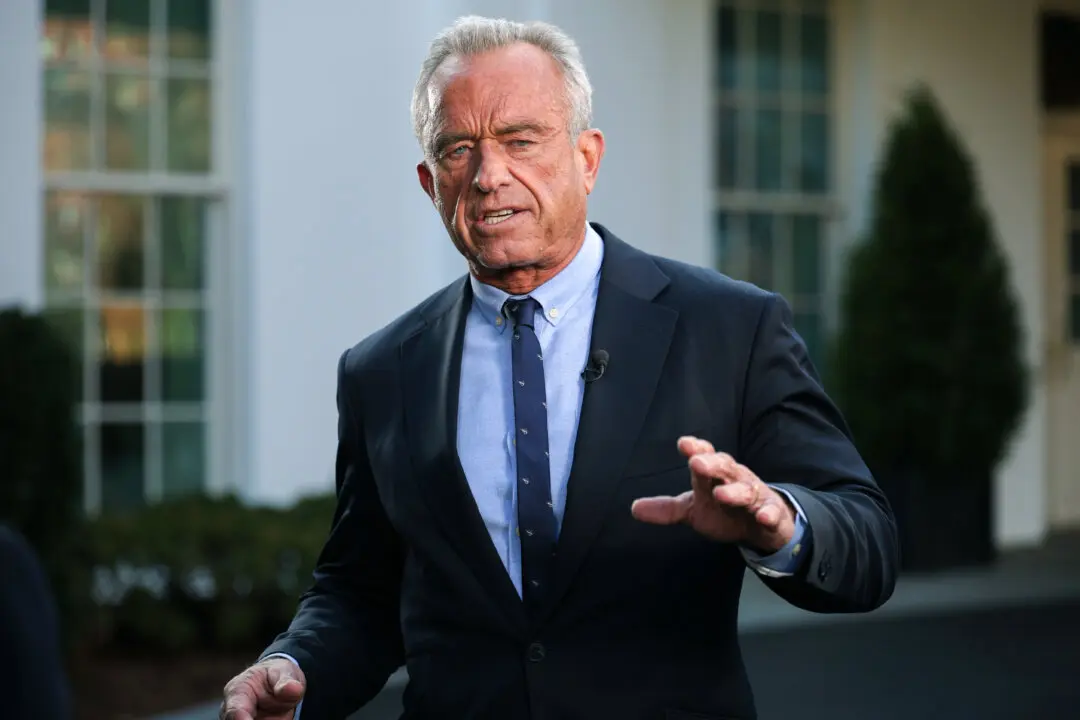The monoclonal antibody treatment from GlaxoSmithKline (GSK) and Vir BioTechnology protects well against the Omicron subvariant that is becoming more prevalent in the United States, the companies said Feb. 10.
Preclinical data suggest that sotrovimab, the monoclonal, “retains neutralizing activity against the BA.2 subvariant of Omicron,” the companies said in a press release.






